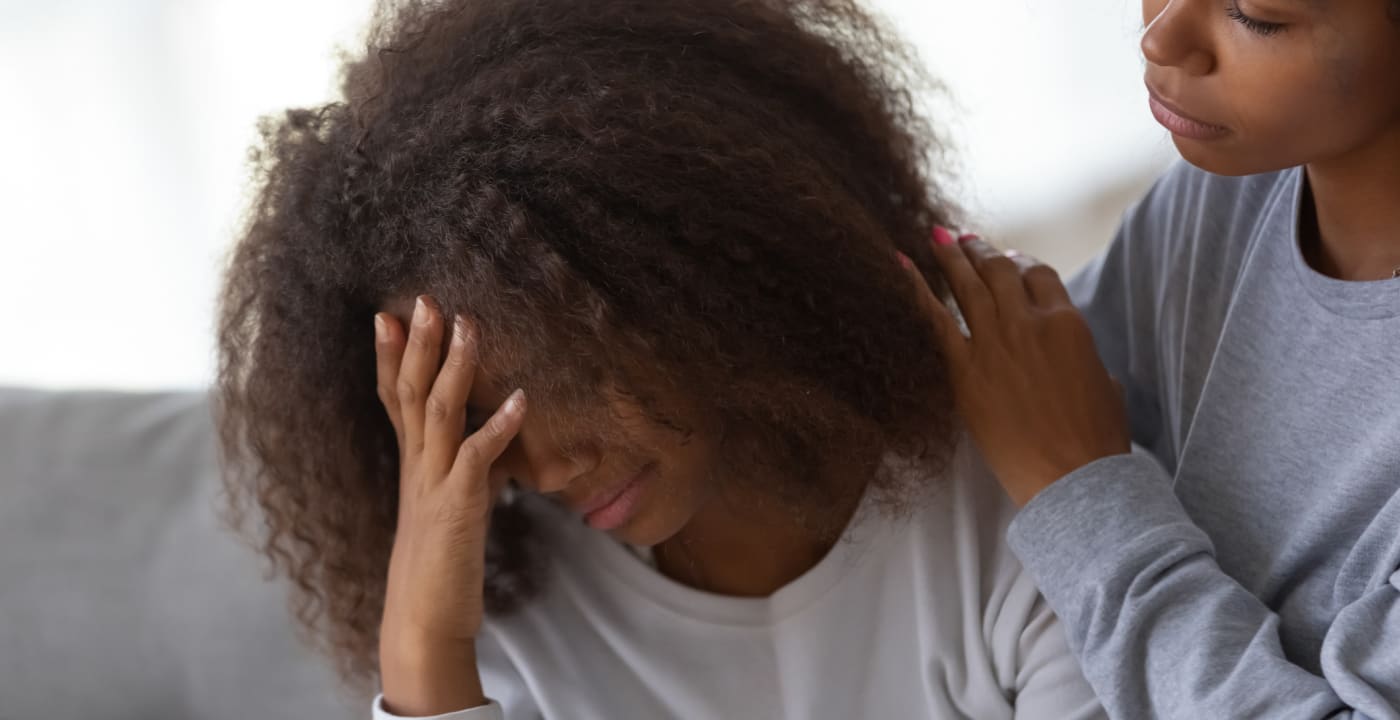When to seek behavioral health care for your child

It’s not always clear when your child is in “a phase” or needs behavioral health care. Listening to your parent intuition is encouraged. When in doubt, ask your child how they are feeling.
For many children, ups and downs and periods of anger and sadness are normal. This is true especially during times of change. However, behavioral changes that go on for a long time and are not typical for your child may reflect a larger issue. To help decide if your child needs outside behavioral health support, watch for the following:
Persistent symptoms
Anxiety, sadness or irritability symptoms are considered “persistent” if they last for more than half the days of the week, over a two-to-three week period. When symptoms last this long, seeking outside support and guidance from a pediatric behavioral health professional is a good idea. A pediatric behavioral health professional can help address your child’s distress.
Behavioral and physical symptoms of anxiety or sadness
Children who are very uncomfortable due to anxiety or sadness may begin to avoid what distresses or upsets them. Refusal, crying, increased irritability, withdrawal, regressed behavior like bedwetting, baby talk, as well as reduction in talking, socializing or participating in day-to-day activities can be signs of substantial distress. Physical symptoms of distress such as headache, nausea, vomiting, changes in sleep, weight or appetite and general complaints of fatigue or not feeling well may also be signs.
If your child is struggling with physical symptoms, it is important to rule out illness. Check in with your child’s pediatrician. If illness is ruled out, and symptoms continue, your pediatrician may refer your child to a counselor or psychologist. With a counselor or psychologist your child, and you, can address the underlying problem. Together, you can develop a support plan and identify coping mechanisms.
Impact on day-to-day functioning
Worrying is common for all of us, but ongoing anxiety can take a toll. When a child’s worry or anxiety begins to disrupt home, school, social, physical or other aspects of life, it is likely time to seek support. Addressing concerns early, with a behavioral health counselor or psychologist is recommended. Early behavioral health support can help give children positive coping resources. Seeking behavioral health care early on can also prevent less healthy coping habits from becoming firmly rooted and difficult to change.
If your child is referred to a counselor, plan to be present on the first visit to meet the counselor. When you meet with the counselor, offer your input and express your concerns. It is likely the counselor will meet with your child alone. This is because children can be more likely to engage with a new person when their parents are not in the room.
Mental health resources for children and teens
- Pierce County Public Health recently expanded its offering at the 211 Basic Needs Line to include behavioral health care navigators. If your child has a mental health crisis or needs ongoing mental health care, please call 211 to be connected to with a professional who can help you. Your insurance company may also have a behavioral health navigator and is a resource to you and your child.
- Kids Mental Health Pierce County hosts live video webinars with behavioral experts. You can log in to watch and listen to previously recorded programs and podcasts or sign up for the next live video chat.
- If your child is having trouble sleeping for more than a couple of nights, consult a sleep specialist. Sleep or lack of it can influence behavioral health and development in significant ways. Helping children with healthy sleep habits now is a smart way to set them up for a successful online learning.



